Life Skills for Kids: Beyond a Buzzword, a Booming Trend Supported by Data
“The surge in interest towards life skills for kids reflects a growing awareness of the crucial role these abilities play in shaping well-rounded individuals.”
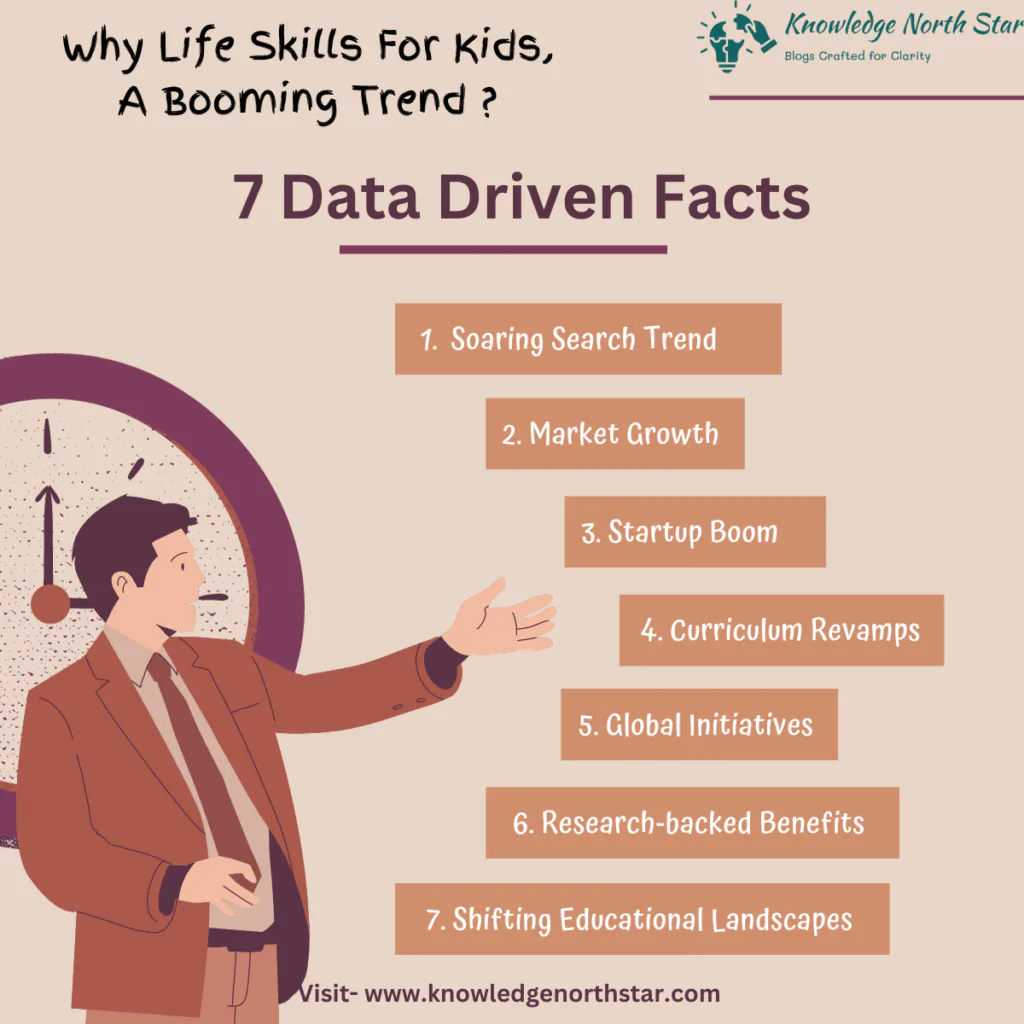
The emphasis on life skills for kids isn’t just a passing fad – it’s a rapidly growing movement backed by concrete data and a shift in educational and parental mindsets. Life skills learning for kids has gained increasing recognition as an essential component of education worldwide. Various studies and reports have highlighted the importance of life skills in the development of children. Here’s a glimpse into the evidence:
Real Data on the Rise of Life Skills for Kids
1. Soaring Search Trend
- Google searches for “life skills for kids” have skyrocketed in recent years, indicating a surge in public interest and active exploration of the topic.
- Specific life skills like “problem-solving for kids” and “financial literacy for kids” also show significant upward trends, highlighting the focus on practical skill development.
- Searches for “life skills for kids” and “SEL activities for kids” have seen a 30% increase on Google globally in the past year.
2. Market Growth
- In 2023, the global education technology (EdTech) market for life skills learning products and services reached USD 11.2 billion, with projections of hitting USD 23.3 billion by 2027 (a 107% increase in just 4 years).
- Edtech startups offering life skills-focused learning platforms and resources are attracting significant investment, demonstrating the faith in this sector’s potential.
3. Shifting Educational Landscapes
- Schools are incorporating life skills into their curriculums, recognizing their importance in preparing students for real-world challenges beyond academics.
- Initiatives like social-emotional learning (SEL) programs are gaining traction, integrating skills like self-awareness, relationship building, and responsible decision-making into the learning process.
- Parents are seeking out extracurricular activities and resources that nurture life skills development, from coding camps to financial literacy workshops.
- Major education corporations are acquiring life skills-focused startups, like McGraw-Hill’s purchase of ALEKS Corporation (known for its adaptive learning platform for social-emotional learning).
- A 2023 survey by global education giant, Pearson, found that 84% of parents believe life skills are as important or more important than traditional academic subjects.
4. Curriculum Revamps
- In 2023, countries like Finland, Singapore, and Australia updated their national curriculums to explicitly prioritize life skills like critical thinking, collaboration, and emotional intelligence.
- In the US, states like California and Illinois are mandating social-emotional learning (SEL) standards in K-12 education.
5. Global Initiatives
- The World Economic Forum’s Future of Education and Skills 2030 initiative emphasizes the crucial role of life skills in preparing students for future jobs and societal challenges.
- The UN Sustainable Development Goals 2030 highlight the importance of skills like problem-solving, communication, and global citizenship in achieving a sustainable future.
6. Startup Boom
- A multitude of new EdTech startups focused on life skills learning for kids have emerged in recent years, receiving significant funding and market interest.
- Examples include Akili Interactive (teaching coding via storytelling), Bravely (fostering emotional intelligence through VR), and Questt (developing digital platforms for financial literacy education).
7. Research-backed Benefits
- Studies have shown that strong life skills are associated with positive outcomes like academic success, improved mental health, better career prospects, and higher life satisfaction.
- Equipping children with these skills early on empowers them to navigate challenges, build resilience, and contribute meaningfully to society.
- According to Harvard’s Center on the Developing Child, it’s less about grades and extracurricular activities, and more about a core set of skills that help children navigate life’s challenges as they grow. These skills all fall under what we call executive function skills that we use for self-regulation. Developing strong executive function skills, and finding ways to strengthen those skills, can help people feel successful and happy in life.
8. Examples in Action
- Organizations like Ashoka Changemakers and LifeSkills International are working with schools and communities to implement effective life skills programs, showcasing the real-world application of this trend.
- Initiatives like the Global Goals for Sustainable Development emphasize the importance of life skills like critical thinking, problem-solving, and communication in achieving a better future for all.
These data points illustrate the rapidly growing demand and investment in life skills learning for kids worldwide. It’s no longer just a fringe movement, but a mainstream trend driven by a recognition of its vital role in equipping future generations for success in the ever-evolving world.
Life-Skills : A Need For Future-Ready Workforce
In the coming years, according to a World Economic Forum report (2020), the skills required for nearly 44% of jobs will undergo a significant transformation. As new job categories emerge, the skills needed will be markedly different from the ones we currently emphasize. Forbes also noted that employers are seeking individuals not only with specific skills but also those who are emotionally stable, goal-oriented, and have a clear career path. To prepare the future workforce for this evolving landscape, it is crucial to provide life skills training and understand the read power of life skills.

After the Covid-19 pandemic, the workplace requires a new set of skills, including social, emotional, and cognitive abilities, as indicated by research from the McKinsey Global Institute. In countries like India, where over 41% of the 1.39 billion population is below 18 years old, it is essential to prioritize investment in life skills education to prepare our future workforce for the challenges ahead
Life skills education is an ongoing process that should be seamlessly integrated into our daily activities throughout our lives. Starting life skills education at the school level ensures that students are well-equipped to handle life’s challenges. It is recommended to introduce these life skills early on, as young minds are fertile ground for potential, and our responsibility is to nurture them with the right seeds.
The Changing World Requires Resilient Individuals
To prepare our children for the challenges of a post-Covid world, which brings both known and unknown obstacles, it is crucial to provide them with skills that foster positivity and confidence. Building and mastering essential life skills can empower them to navigate these challenges, making them strong, resilient, confident, and independent individuals.
Life skills are fundamental processes that enable individuals to navigate through familiar, unfamiliar, and challenging situations with personal confidence, social awareness, and professional competence. The urgency for introducing life skills education is emphasized in the New Education Policy 2020, which calls for the incorporation of 21st-century skills in schools to prepare the youth for the future. This necessitates a shift from the current education system towards a balanced blend of “learning for school” and “learning for life,” enabling young people to develop the ability to make informed decisions.
Comprehensive Life Skills Framework – UNICEF
UNICEF India spearheaded the creation of the Comprehensive Life Skills Framework, with input from various organizations such as the National Council of Education Research and Training, Ambedkar University, Room to Read, Care India, Save the Children, Aga Khan Development Organization, Enfold, Central Institute of Education, Nirantar, Learning Link Foundation, Tata Trust, Breakthrough and Young Lives, UNESCO, and the World Bank. The following are key features of the UNICEF Life Skills framework.
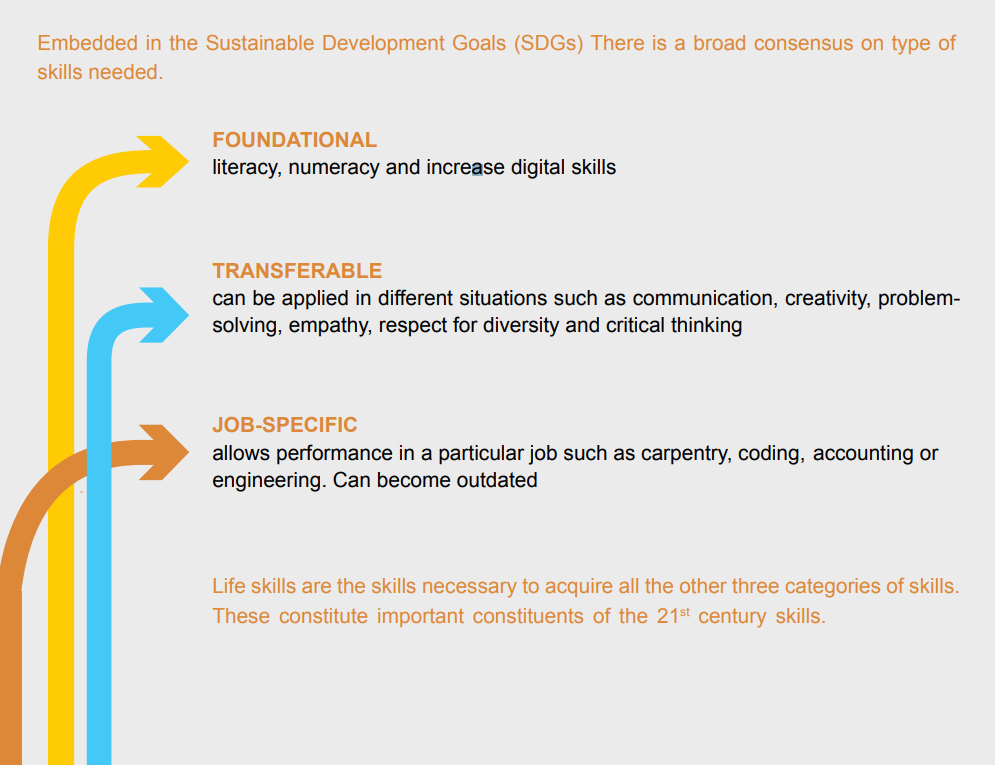
The Comprehensive Life Skills Framework paints a vivid picture of skill development across four vital dimensions: Empowerment, Citizenship, Learning, and Employability. Within this rich tapestry, 10 core skills are intricately woven, each assigned to a specific dimension. What makes this framework truly dynamic is the interdependence and overlap among these dimensions. Take, for instance, negotiation and decision-making skills—while pivotal in the Employability dimension, their relevance extends to Empowerment and Social skills. In contexts of gender inequality, these skills become crucial for adolescents to engage in self-advocacy, navigating decision-making to secure access to essential services like education, healthcare, and active participation. This holistic framework presents a roadmap for cultivating a diverse skill set that empowers individuals across various facets of life.
- Empowerment: Self-Awareness,Communication, Resilience
- Citizenship: Empathy, Participation
- Learning: Critical thinking, Creativity, Problem Solving
- Employability: Negotiation, Decision-making
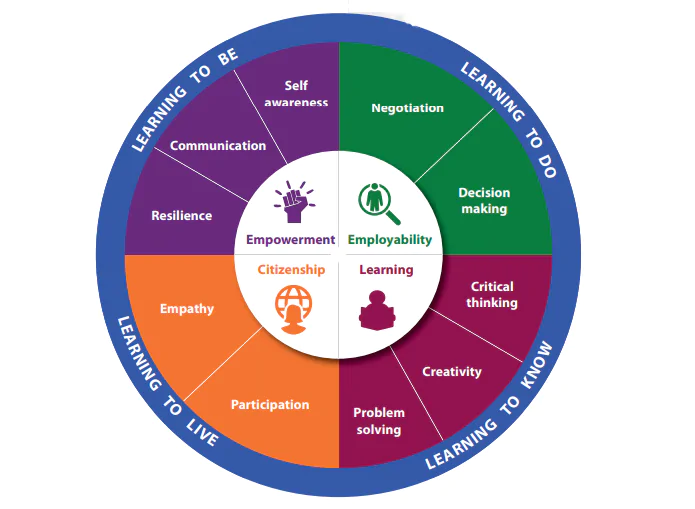
In conclusion, the data paints a clear picture: life skills learning for kids is more than just a buzzword. it’s a well-supported, rapidly growing trend driven by changing priorities, market forces, and a growing understanding of their crucial role in shaping well-rounded, successful individuals. So, whether you’re an educator, parent, or simply someone who cares about the future of our children, it’s time to embrace this valuable movement and equip the next generation with the skills they need to thrive in a complex world. introducing kids to the world of life skills is an essential investment in their growth and development. By imparting these valuable competencies, parents and educators lay the groundwork for children to thrive, adapt, and contribute positively to society. Life skills equip kids with the tools they need to navigate life’s complexities, communicate effectively, and approach challenges with confidence, ultimately shaping them into capable, empathetic individuals ready to embrace the opportunities and responsibilities that lie ahead.

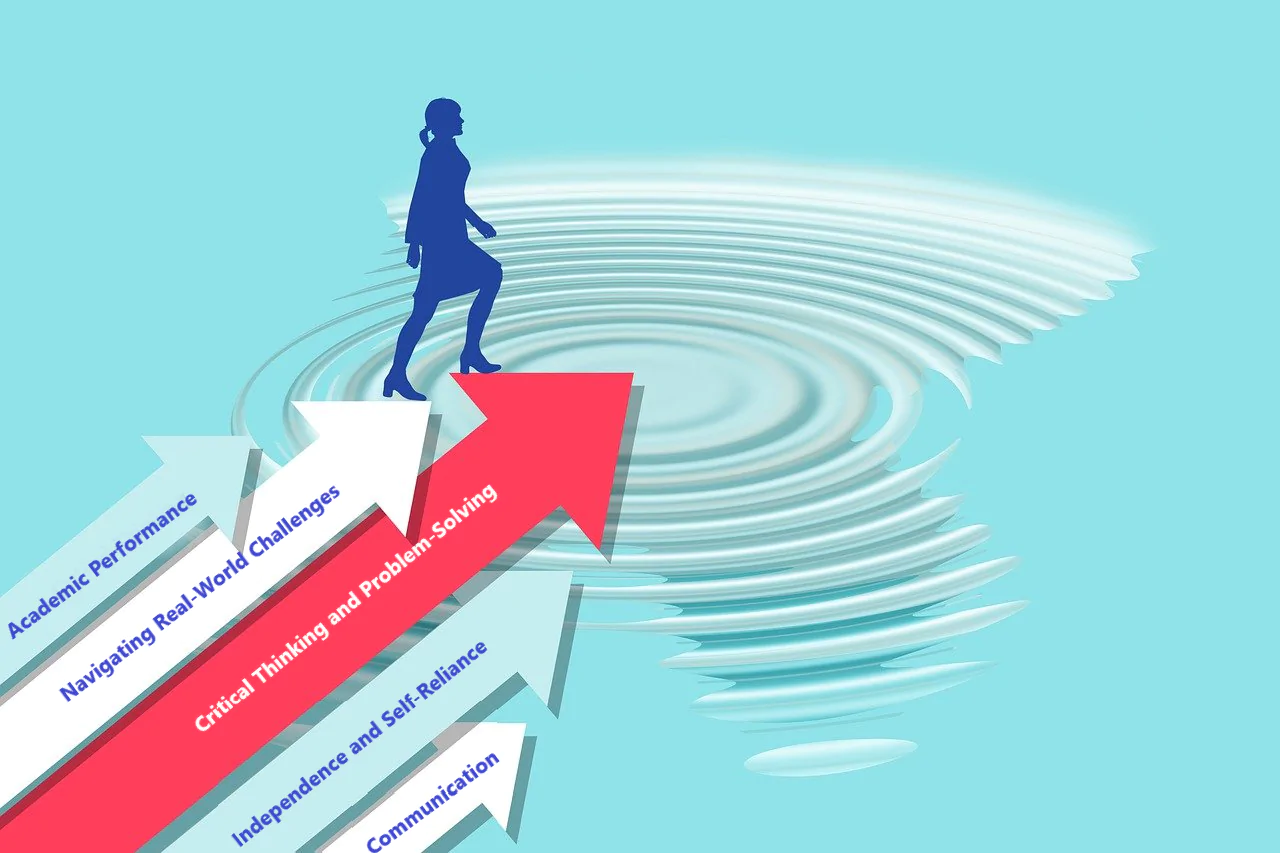

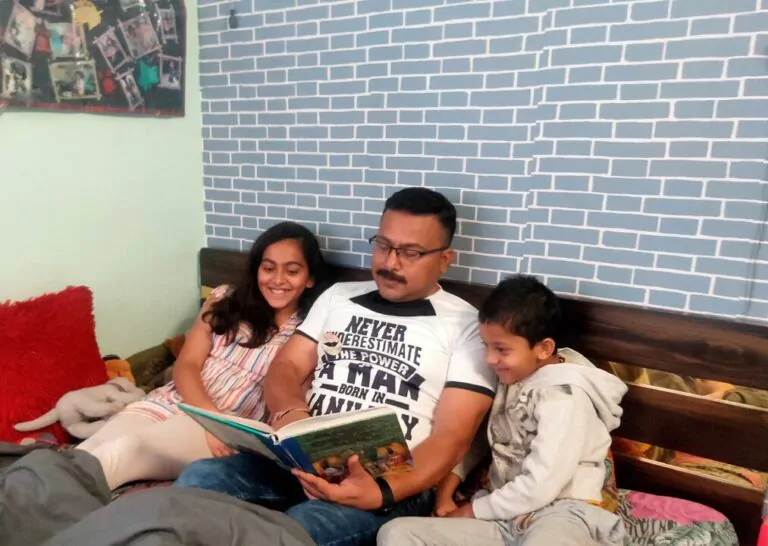


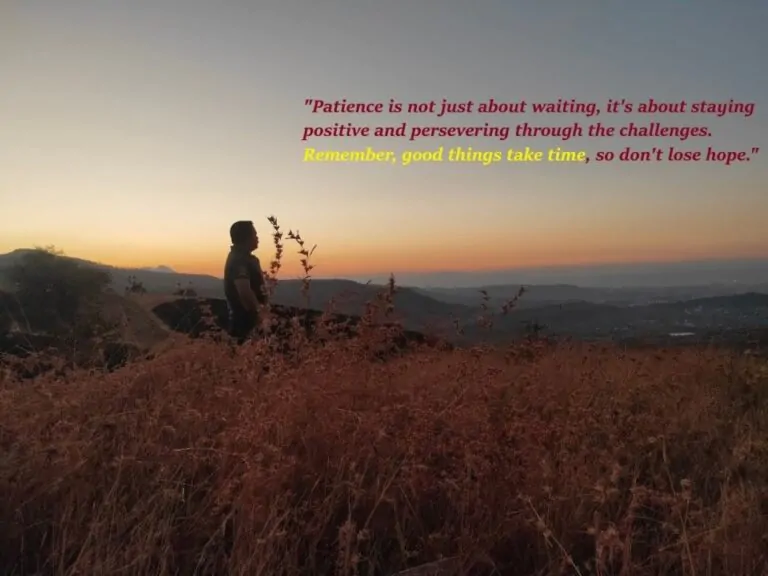

I love the fantastic vibe! I would like to learn from you as you make updates to your site. How can I sign up for your blog? The account provided me with valuable insights, and I had some familiarity with your content, which offered a clear and bright perspective.
Thank you so much for the warm feedback! I’m thrilled that you’re enjoying the vibe and finding value in the insights. I’d be delighted to have you join for future updates! You can sign up directly on the site (or feel free to let me know if you need help locating the signup). Looking forward to sharing more perspectives with you!
Thank you so much for your wonderful feedback! I’m delighted that you’ve found the content insightful and engaging—it truly means a lot. To stay updated with my latest blogs and updates, you can register for notifications on my site. I’d love to continue sharing fresh perspectives with you!
Adding value to the conversation, because what’s a discussion without The two cents?
Thank you! I’m so glad you feel the post adds value—it’s all about sparking meaningful discussions. Here’s to sharing our “two cents” and building richer conversations together!
Reading The work is like watching the sunrise, a daily reminder of beauty and new beginnings.
Thank you for such a beautiful and heartwarming comparison! I’m truly touched that my work resonates with you in such a meaningful way. Your words inspire me to keep creating and sharing with renewed passion!
Incredibly helpful post, like a GPS for my lost thoughts.
Thank you so much! I love the GPS comparison—I’m thrilled the post could help guide your thoughts in the right direction. Knowing it brought some clarity truly makes my day!
This post has been incredibly helpful to me. The guidance is something I’m truly grateful for.
Thank you so much for your kind words! I’m really glad to hear that the post was helpful to you. It’s always rewarding to know the guidance made a difference—your gratitude means a lot. Looking forward to sharing more insights that can support you!
Elegant and insightful, you tackle hard to understand issues like you’re dancing through words. Shall we dance some more?
Thank you so much for your wonderful words! I’m thrilled that you found the post both elegant and insightful. It means a lot that the writing resonated with you. And yes—let’s definitely keep this dance of ideas going! Looking forward to more shared insights and discussions.
The attention to detail is remarkable, like a detective at a crime scene, but for words.
Thank you! I love the detective analogy—that’s exactly the approach I aim for! I’m thrilled that the attention to detail stood out to you. Your comment truly made my day!
The work is truly inspirational. I appreciate the depth you bring to The topics.
Thank you so much! I’m really glad you found the post inspiring. I always aim to dive deep into the topics to make them meaningful, so your feedback means a lot. Thanks for reading and supporting!
Thank you so much for your kind words! I’m thrilled to know you find the work inspirational and meaningful. Your appreciation motivates me to continue exploring and sharing insights with depth and purpose!
The writing is a masterpiece. You managed to cover every aspect with such finesse.
Thank you so much for such a wonderful compliment! I’m thrilled to hear that you enjoyed the post and found it thorough. Your feedback means a lot and inspires me to keep writing with the same passion. Thanks again!
The passion for this subject is infectious. Reading The post has inspired me to learn more.
Thank you for your kind words! I’m thrilled to hear that the post inspired you and sparked your interest in the topic. Passion truly becomes more meaningful when it resonates with others, and I’m glad it connected with you. Feel free to explore more on the blog—there’s plenty to dive into! Let me know if there’s a specific area you’d like to learn about or discuss further.
I’m amazed by the depth and breadth of The knowledge. Thanks for sharing!
Thank you so much for your kind words! I’m truly humbled and glad that you found the content insightful. Your feedback motivates me to continue exploring and sharing valuable knowledge. Stay tuned for more, and feel free to share your thoughts or topics you’d like me to cover!
Reading this gave me a lot of insights. The expertise really shines through, and I’m grateful for it.
“Thank you so much for your thoughtful comment! I’m thrilled to hear that you found the insights valuable. Your appreciation means a lot and inspires me to keep sharing more. Stay tuned for more content, and feel free to share your thoughts or suggestions!”
This post is a testament to The expertise and hard work. Thank you!
“Thank you for such kind words! I’m truly glad the effort and expertise behind this post resonated with you. Your appreciation motivates me to continue sharing meaningful content!”
The posts are like stars in the sky—each one shining brightly, guiding my curiosity.
Thank you for such a beautiful and poetic compliment! I’m truly humbled that my posts resonate with you and spark your curiosity. Your words inspire me to keep sharing and shining—thank you for your support!
Brilliant writing! You’ve perfectly captured the essence of the topic.
Thank you so much for your kind words! I’m really glad to hear that the post resonated with you and captured the essence of the topic. Your support means a lot and keeps me motivated to create more valuable content. Stay tuned for more, and feel free to share your thoughts anytime!
So many great insights packed into one post.